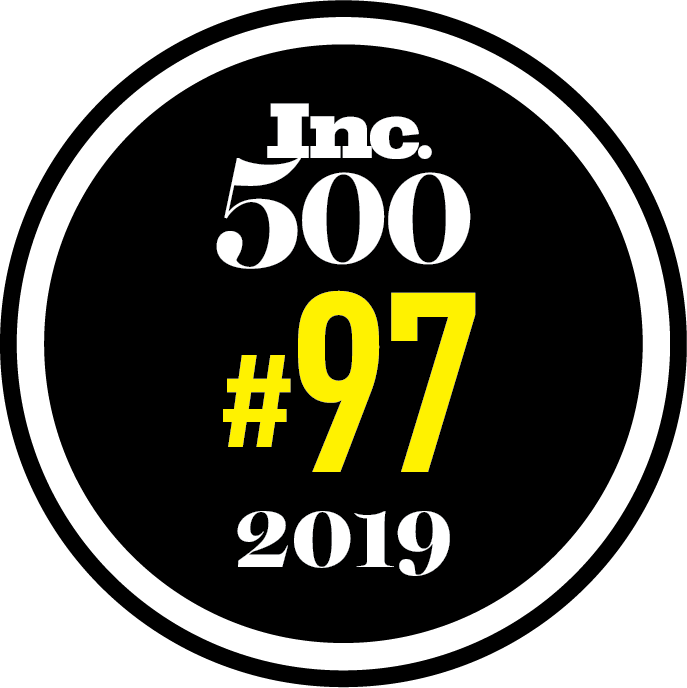As eCommerce continues to grow in 2022, many entrepreneurs seek creative ways to launch or expand their own eCommerce businesses. One common –– and lucrative –– eCommerce business model is selling private label products online. While the private label space has become crowded, there are plenty of opportunities for sellers to expand their eCommerce operations in 2022.
What is a Private Label Product?
Private label products are manufactured in large quantities and customized slightly –– often with printing or packaging –– for different businesses.
Some popular types of products available with private-label branding include: hair care and body care products, pet supplies, baby products, kitchen tools, and household goods like tools and batteries.
Benefits of Private Label Products
Private label products allow brands to offer high-quality, branded, popular products without taking on the risks (and responsibility) associated with manufacturing in large quantities. As a result, sellers can focus on building a strong brand and following. Many brands start with a private label product and others use a private label product to supplement the existing product selection.
Drawbacks of Private Label Products
Many private label products have a short selling window, often to capitalize on a trend. For example, the garlic press and fidget spinner were trendy both private label products a few years ago. In addition to the trend-factor, because you don’t own the patent on the product, you can’t control how many other sellers are selling the same product with a different brand and price. So, in the case of an ultra popular product, other sellers can jump on the bandwagon and flood the market with inventory which could lead to dead stock and declining margins.
How to Start Selling Private Label Products
Building a business with private label products is similar to starting any other eCommerce business. Just like anything else, planning and research are critical to success.
Make a launch plan
With integrating private label products into an existing successful business plan, you’ll need to start by analyzing your current business. Are you going to leverage your existing brand or create a new complementary brand? What existing resources can you leverage to ensure this new product is a success? It’s good to begin with items you are familiar with, that also have high consumer demand. Additionally, you’ll need to choose your marketplace. Will you sell on eBay, Amazon, Shopify, or all three and more?
Decide how you’ll handle fulfillment
After you pick your products, you’ll need to make a fulfillment plan. Will you store and manage inventory from your home or a warehouse? Or will you forgo the storage and inventory management challenges and outsource your fulfillment to Amazon FBA or drop shippers? When deciding between fulfillment options, it’s essential to balance profit margins against time investment and risk.
Spend time on market research
One of the most important parts of finding the right private label products is thorough market research. By exploring what consumers want and what’s currently available, you can find and fill the gaps with private label products. You’ll also want to tap into your own customer base. Who is your customer? What are they buying? You can leverage customer service surveys and comments on your social media to answer these questions and more.
Find Suppliers
One of the most important steps is vetting product suppliers and manufacturers. You don’t want to tarnish your brand with a faulty product. There are many sites like Alibaba and ThomasNet to search for private label suppliers. These sites also often have reviews which is a great place to start your supplier vetting. For businesses interested in dropshipping, AliExpress, Merch by Amazon, and Worldwide Brands are great places to start.
Build your Brand
With private label products, your biggest differentiator is your brand. Branding tells your story and communicates your values to consumers. Sustainable packaging will attract environmentally conscious consumers, while an expertly curated TikTok feed will draw in Millennials and Gen Z. You can built your brand yourself or use a flat-rate brand strategy service to help you create a plan
Launch and List
It’s time to launch your store and list your products. Write your titles and product descriptions, upload compelling product photos, and start selling! Make sure to keep your listing succinct, use bullet points, and try to catch attention as soon as possible.
Should I sell under a Private Label on Amazon?
Selling your product on Amazon can be profitable and straightforward. Amazon’s 2021 growth has set it up for a strong 2022. This means that both new and well-established eCommerce businesses should plan to be active on the platform this year.
Amazon FBA for Private Label Businesses –– How to Sell on Amazon
Selling private label products on Amazon is a great way to increase eCommerce income, thanks to its massive marketplace and the Amazon FBA program. Amazon FBA is a fulfillment solution that allows Amazon sellers to outsource their order fulfillment to Amazon. The benefits of Amazon FBA include less labor and more accessible customer service, but the downside is a lower profit margin.
Tips for Selling Private Label Products
Optimize your product listings
Remember, your titles and product descriptions need to inform and entice. Strong, SEO-rich product titles will get more views and clicks. Concise, sticky product descriptions will convert more sales.
One of the best ways to keep customers focused is to list the benefits of your products in short, bulleted lists. This format prevents readers from getting distracted and helps your CTAs sink in.
Fine-tune your marketing with analytics A/B testing
Research doesn’t stop at launch. Refine your marketing efforts by testing different strategies against one another. Try using other channels or changing up your photos and posting times. Integrate video and livestreaming into your social media presence, and consider implementing direct mail.
Experiment with pricing
The best price isn’t always the lowest. With a unique brand story, high-end lifestyle product images, excellent customer service, and great marketing, you can potentially reap both a higher price and more sales than your competitors. Experiment with different prices at different times of the year. Try pricing lower than competitors during the holidays and higher during the offseason.
Diversify your marketplace presence
In addition to your own website, you should consider listing your products on multiple marketplaces. You want to have your product offered where your consumers are shopping. For businesses with limited resources, start with 2 marketplaces, one general marketplace like Amazon, and one more niche marketplace. To save time, leverage your existing product photos and descriptions to list on marketplaces.
Grow your business quickly with Payability
Private label businesses have the potential to earn lots of income for sellers, but typically require a significant initial investment and take a long time to grow. Streamline your business growth by accelerating your cash flow with Payability.
Instant Access by Payability provides daily marketplace payouts for eCommerce sellers. Instant Advance by Payability provides immediate growth funding of up to $250k for eCommerce brands that are ready to scale. Payability’s funding solutions feature an easy online application, fast approval, and no credit checks. Accelerate your success today with Payability.


